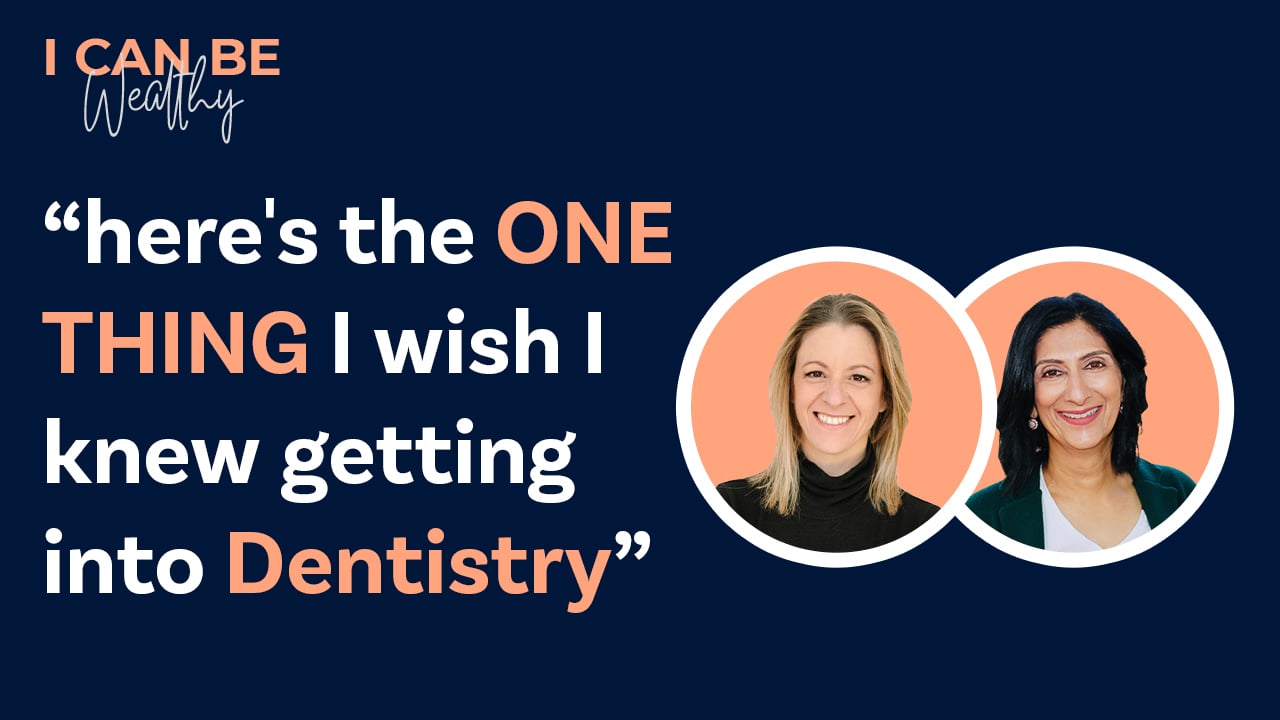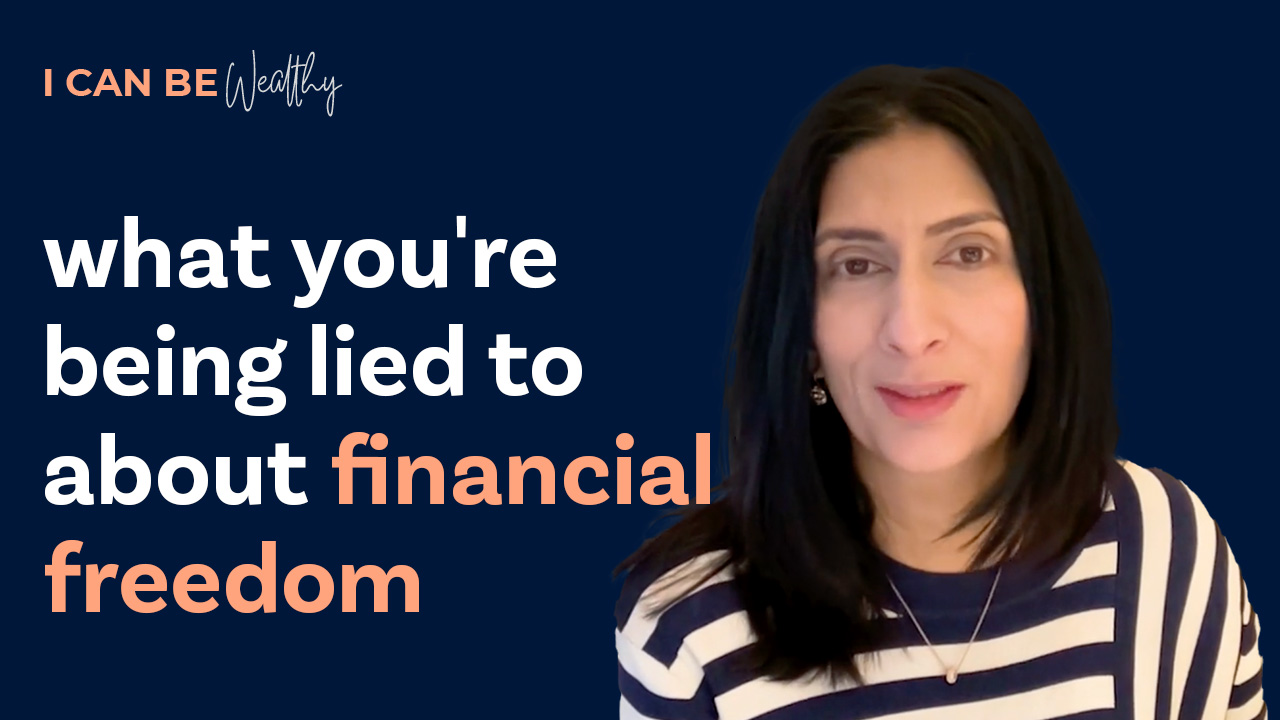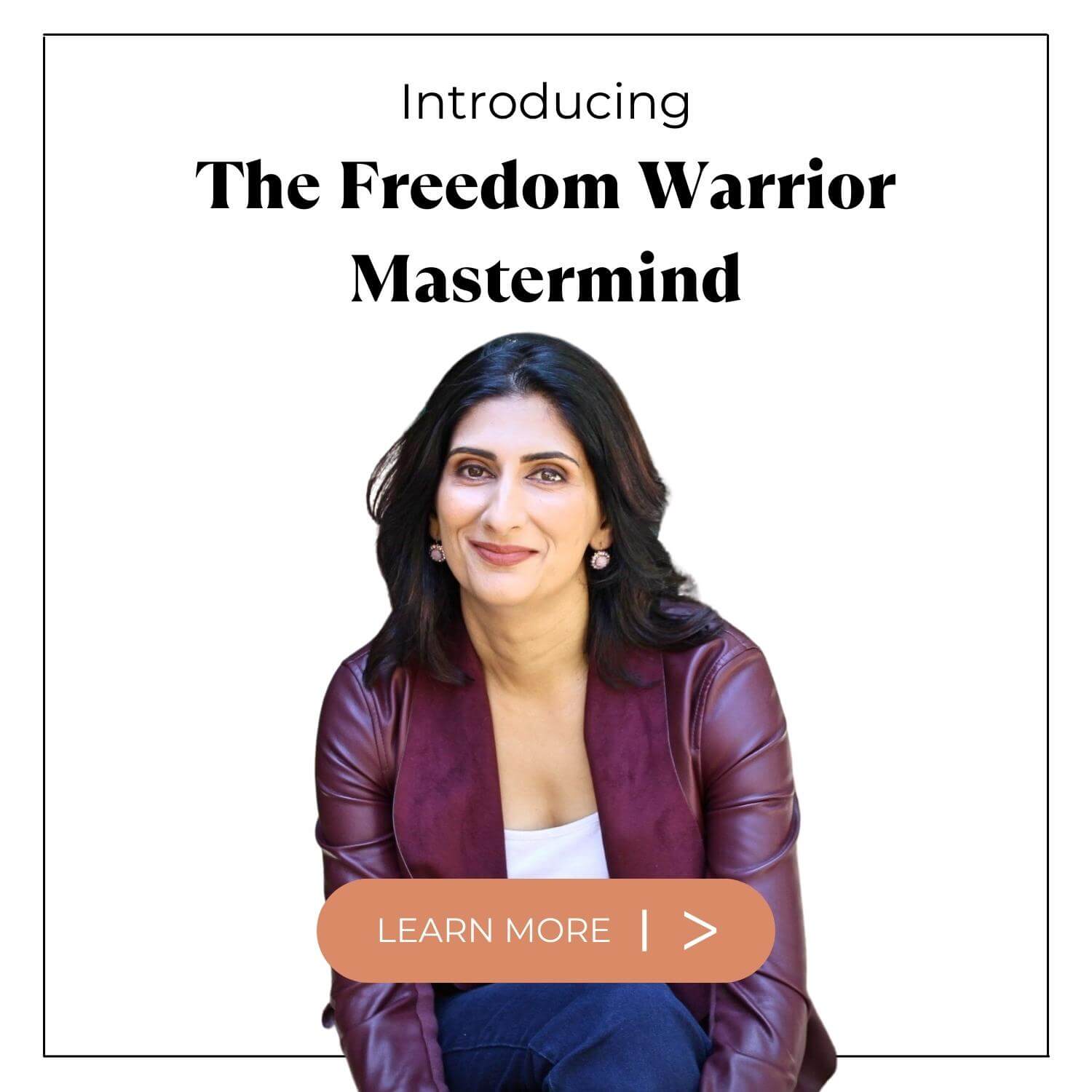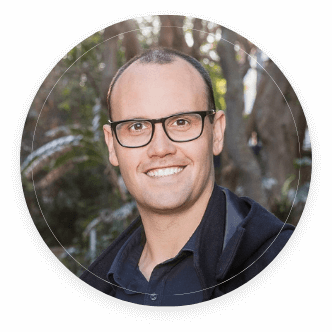The Story of My Wealthy Friend
Just recently, I caught up with an old friend whom I hadn’t seen in over ten years.
He comes from a wealthy family with over $50 million in assets, including commercial property and passive income. However, as one of the leaders of his family, he struggles to make decisions because his authority is limited.
He can’t make decisions without getting other sign-offs, he can’t decide how to best use the capital, and he can’t decide how to leverage.
As a result, their wealth started to deteriorate.
After trying to manage the family’s finances for the last 15 years, he is frustrated and feels like he has a noose around his neck.
He thinks that if he had decided 20 years ago to build wealth in his own name, he wouldn’t be in this situation.
That’s why he greatly admired people who built wealth from scratch, and to some degree, he felt that he should have done something similar.
Now, I’m sharing this story to remind you that it’s easy to assume that wealthy people have it easy and that their wealth is what we should all aspire to. But after ten years of coaching and mentoring high-net-worth individuals, I know that there’s often pain, compromise, and sacrifice behind what can seem like the perfect house, car, or holiday.
I’m sure you know people who have worked extremely hard to achieve success in their businesses, even to the point of harming their health.
So today, I want to give you a practical exercise to do.
I want you to take some time to think about your own wealth-building goals and what you want to accomplish in the coming year.
Important Questions to Better Frame Up Your Goals
To do this, I want you to consider two primary questions.
The first is, “What have I achieved so far?” and the second is, “What has it taken for me to get here?”
This exercise is partly about gratitude, but when you look closely at your assets, debts, and net worth, you can better understand the actions and decisions that have brought you to where you are today.
This can give you a deep appreciation for what you have achieved and help you set goals for the future. If you had to liquidate everything, this exercise can also help you understand how much money you would have left over.
Now, instead of doing this and feeling frustrated with yourself for not being “further ahead,” I want you to approach it with a grateful heart.
Why? We all make the best decisions we can with the resources we have at the time, given our skill set.
So the first thing you need to do is think about what you have and where you are in life. Then, take the time to document it.
Next, ask yourself the most important question: What is it that I want, and what is enough for me?
In my friend’s case, he never really took the time to ask that question.
And now, 20 to 30 years into his career as a professional investor, he’s reflecting that if he had asked himself what he wanted and what was enough, he might have made better decisions.
Let me give you some guidance and concrete examples here to give more context.
One of the Biggest Ponzi Schemes in History
A few decades ago, Bernie Madoff was well-known for running one of the biggest Ponzi schemes in history.He cheated people out of almost $65 billion, and even some smart investors and celebrities trusted him and gave him their money.
Please note that before he ran his Ponzi scheme, Bernie Madoff was already a successful and legitimate businessman, making $25 to $50 million a year.
However, his greed and his inability to know what was enough, caused him to chase after some ridiculous pie-in-the-sky sum of money, risking everything he had.
If there’s a lesson I’ve heard shared many times over the last few years by very astute investors, it’s this: don’t risk what you don’t need with things you have.
One of the biggest culprits in this problem is social media and the news, which often show glamorous images of wealth, making people feel like they need to keep up with the Joneses.
This pressure to have more and be like others can be stressful and cause people to make bad financial decisions. So you have to notice when you feel it, and you have to school yourself on bringing your attention and awareness back to where you are and what you want.
To build wealth, you need to focus on yourself and the choices you make with your money.
Are you saving and investing wisely?
Are you learning about good investment opportunities?
Are you surrounding yourself with people who can help you grow your wealth?
These are all important things to think about.
But let me go back to what I’m trying to emphasise, which is to decide for yourself what “enough” means to you because, as humans, it’s natural for us to move the goalposts and change our definition of enough.
Now, I consider myself and my clients fortunate to have reached our financial freedom goal and be able to achieve more without risking what we already have.
So there’s nothing wrong with growing in the game and levelling up, but you should have a baseline goal for yourself.
Because when you have enough passive income, you can decide how to spend your time.
You don’t have to work if you don’t want to, and you can focus on positively impacting your community.
For me, this is the kind of wealth that can change your life.
When it comes to growing your money, there may be times when you need to make compromises to achieve what you want. This is true for my friend, whom we discussed earlier, and many others.
But the question now is, what are you prepared to compromise on?
If you’re willing to make some compromises, you can put yourself in a good position to build wealth for the future.
But if you go too far, it can be difficult to keep going, and you might not reach your goal.
So the question I want you to reflect on is not only what you want but also what you’re prepared to compromise on and what you’re prepared to give up to get there.
In my own case, I never really had an extraordinary income, so in the early days, I had to make tough decisions about delaying gratification. This meant giving up some of the nice things in life, like buying a bigger house or a new car, to save money and start building wealth.
Now, things have started to happen on their own, and we’re already in that strange position where we’ll probably have way more money than we need.
So our decisions revolve around how to use our wealth to make a difference.
However, you need to take note that it’s hard to do this until you know what you are willing to give up.
Defining What’s Enough
For this exercise, I want you to get a piece of paper and, on one side, answer the question, “What have you got?”
What are your assets? What are your liabilities? Make sure to count everything.
On the other side of the paper, I want you to think about what you are willing to give up to reach your goals.
Write down your baseline goal and how much money you need to reach it.
You can also set a higher goal if you want, but the important thing is to think about what you are willing to risk or sacrifice to reach that goal. If you can answer those questions, you can figure out which asset classes are congruent with them and which aren’t.
For example, if your goal is to become financially independent in the next three to five years, you will start looking at investments that can give you predictable cash flow, which may rule out other asset classes.
Anyway, I want to emphasise that this is an exercise in running your own race.
You have to be very careful what you wish for because if you set your goals based on the appearance of what other people have, you may find yourself in for a nasty surprise.
